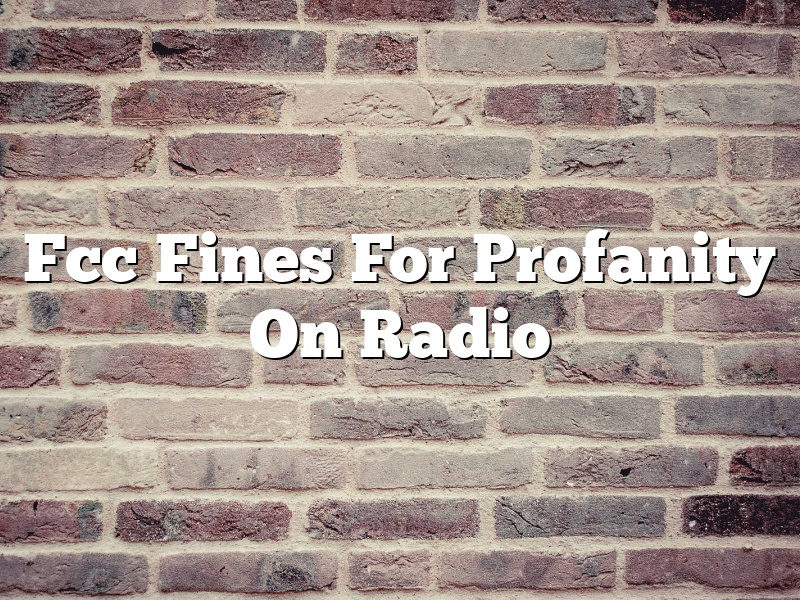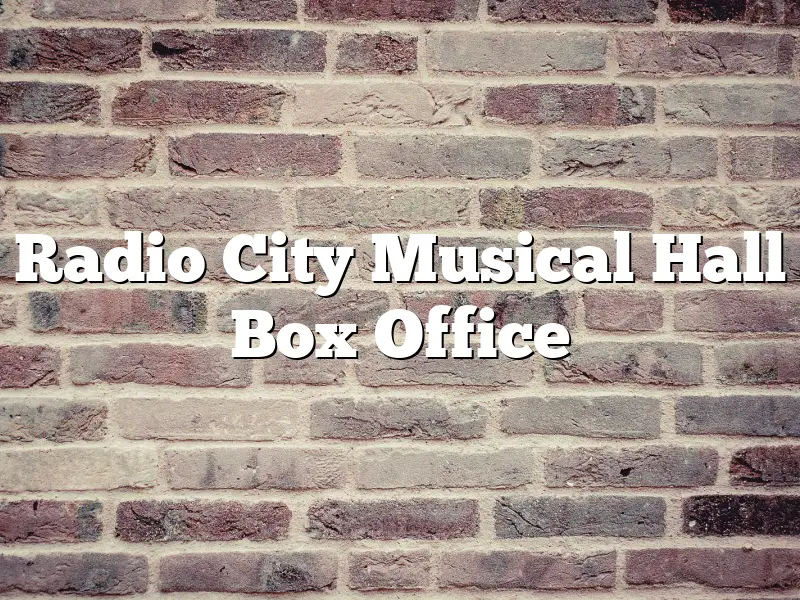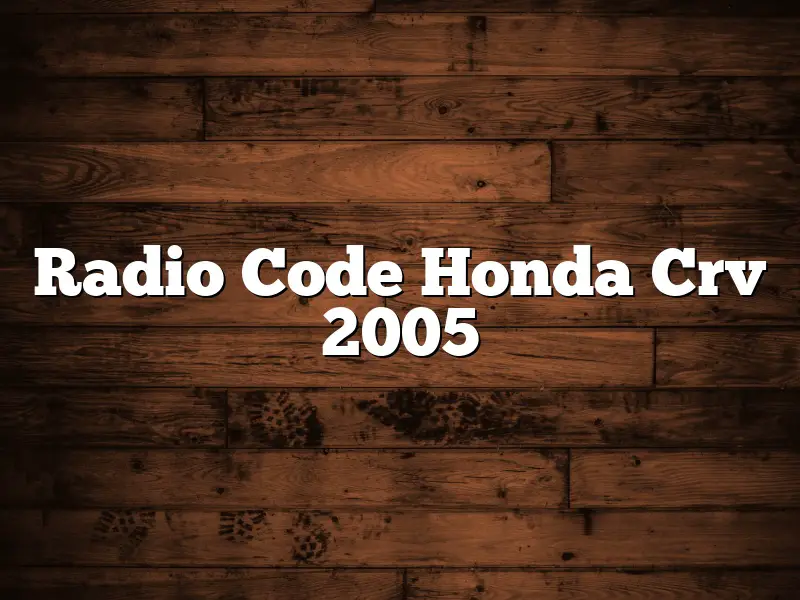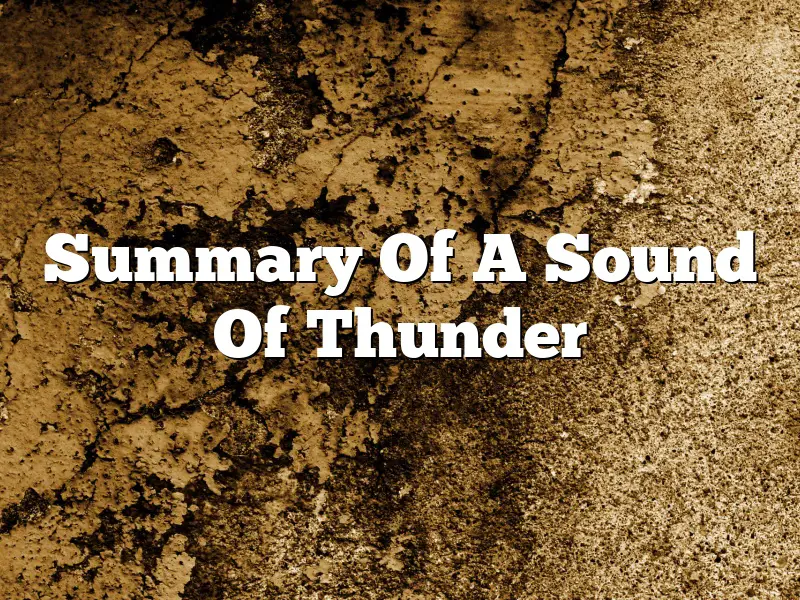On Wednesday, the FCC announced that it was fining a New York radio station $2,000 for a broadcast that included profanity. The fine is the FCC’s first such action against a broadcaster for profanity in nearly a decade.
The incident in question took place in October of last year, when WQHT (Hot 97) aired a live interview with rapper Lil’ Kim. During the interview, Lil’ Kim used the word “nigger” twice.
In a statement, FCC Chairman Ajit Pai said that the commission “will not tolerate profanity on the airwaves.” He added that the commission is “committed to holding broadcasters accountable when they cross the line.”
WQHT has since issued an apology for the incident.
The FCC has long prohibited the broadcast of profanity, especially when it is used in a lewd or indecent manner. In 2004, the FCC fined CBS $550,000 for the broadcast of a halftime show during the Super Bowl that included profanity and nudity.
Contents
- 1 Can you get in trouble for swearing on the radio?
- 2 Can you get fined for swearing on the radio?
- 3 What penalties are imposed for FCC violations?
- 4 What is the maximum FCC fine for an indecency regulation violation?
- 5 What is an FCC violation?
- 6 What are the FCC regulations for radio?
- 7 What happens if you break FCC rules?
Can you get in trouble for swearing on the radio?
Yes, you can get in trouble for swearing on the radio. FCC rules prohibit the use of obscene, indecent, and profane language on the air.
Can you get fined for swearing on the radio?
Can you get fined for swearing on the radio?
In short, yes, you can get fined for swearing on the radio. Although the punishment for swearing may vary depending on the context and severity of the swear words, it is generally considered a form of offensive language and can be penalized.
There are a few things to keep in mind when it comes to swearing on the radio. First, the context in which the swear words are used is important. Swearing during a news program or a serious discussion may be treated more seriously than swearing during a comedy segment. Additionally, the specific words that are used also matter. Certain curse words are considered more offensive than others and may be punished more severely.
Broadcasters are not allowed to air indecent material, which includes offensive language. The Federal Communications Commission (FCC) is responsible for regulating the airwaves and can impose fines on broadcasters who violate its rules.
So, can you get fined for swearing on the radio? The answer is yes, but it may depend on the context and specific words used. broadcasters should be aware of the FCC’s rules regarding indecent material and avoid airing any offensive language.
What penalties are imposed for FCC violations?
The Federal Communications Commission (FCC) is a government agency that regulates interstate and international communications by radio, television, wire, satellite and cable. The FCC also regulates the manufacture, import, sale and use of electronic communication devices.
The FCC has the authority to impose civil penalties for violations of its rules and regulations. The amount of the civil penalty depends on the severity of the violation and the size of the company or individual that committed the violation.
The FCC has the authority to impose a forfeiture of up to $16,000 per violation for each day of a continuing violation. The FCC can also impose a forfeiture of up to $112,500 per violation for a single act or failure to act.
The FCC has the authority to impose a forfeiture of up to $112,500 per violation for a single act or failure to act.
The FCC can also impose a forfeiture of up to $16,000 per violation for each day of a continuing violation.
The FCC has the authority to impose a forfeiture of up to $16,000 per violation for each day of a continuing violation.
The FCC can also impose a forfeiture of up to $112,500 per violation for a single act or failure to act.
The FCC has the authority to impose a forfeiture of up to $112,500 per violation for a single act or failure to act.
The FCC has the authority to impose a forfeiture of up to $16,000 per violation for each day of a continuing violation.
The FCC can also impose a forfeiture of up to $112,500 per violation for a single act or failure to act.
The FCC can also impose a forfeiture of up to $16,000 per violation for each day of a continuing violation.
The FCC can also impose a forfeiture of up to $112,500 per violation for a single act or failure to act.
What is the maximum FCC fine for an indecency regulation violation?
The maximum FCC fine for an indecency regulation violation is $325,000. This amount is the same for both individuals and organizations. The FCC can also issue a warning to the violator, and can require the violator to air a statement of correction.
What is an FCC violation?
An FCC violation is any action or inaction by a radio or television broadcaster that violates the Communications Act of 1934, as amended, or the commission’s regulations.
The FCC is responsible for regulating all commercial and noncommercial radio and television broadcast stations in the United States. These stations are required to operate in accordance with the commission’s rules and regulations.
The FCC’s rules and regulations are designed to ensure that broadcasters operate in the public interest. The commission can issue a variety of sanctions against broadcasters who violate its rules, including monetary fines, license revocations, and orders to cease and desist from violating the law.
The FCC’s rules prohibit a variety of conduct, including the broadcast of obscene or indecent programming, the airing of false or deceptive advertising, and the failure to maintain required records.
Broadcasters who violate the FCC’s rules can face significant fines. In fiscal year 2016, the commission issued more than $9.5 million in fines for broadcast violations.
The FCC also has the authority to revoke a station’s license if it violates the commission’s rules. In fiscal year 2016, the commission revoked the licenses of six radio and television stations for violating its rules.
The FCC also has the authority to order broadcasters to cease and desist from violating its rules. In fiscal year 2016, the commission issued more than 2,600 cease and desist orders.
Broadcasters who violate the FCC’s rules should consult with an experienced attorney to ensure that they are in compliance with the law.
What are the FCC regulations for radio?
The Federal Communications Commission (FCC) has rules and regulations in place for all forms of radio communications. These regulations ensure that all communications are conducted in a fair and orderly manner. The FCC also oversees the use of radio frequencies to make sure they are being used efficiently and not causing interference with other communications.
The FCC’s regulations for radio communications are extensive and cover a wide range of topics. Some of the most important regulations include requirements for station identification, licensing, and operating procedures.
Station Identification
All radio stations are required to identify themselves by their call letters and location. This information must be broadcast at least every hour, and it must be included in all advertising and announcements.
Licensing
All radio stations must be licensed by the FCC. The license is granted for a specific location and covers a specific range of frequencies. It is important to note that the license is not transferable, and it is illegal to operate a radio station without a license.
Operating Procedures
The FCC has specific rules in place for the operation of radio stations. These rules cover topics such as the use of call letters, the format of the broadcast, and the handling of complaints.
The FCC’s regulations for radio communications are designed to ensure that all communications are conducted in a fair and orderly manner. The FCC also oversees the use of radio frequencies to make sure they are being used efficiently and not causing interference with other communications.
What happens if you break FCC rules?
The Federal Communications Commission (FCC) is a government agency that regulates interstate and international communications by radio, television, wire, satellite, and cable.
The FCC has a variety of rules that are designed to protect the public, including rules against indecent content, spamming, and telemarketing.
If you violate FCC rules, you may be subject to fines, imprisonment, or both.





